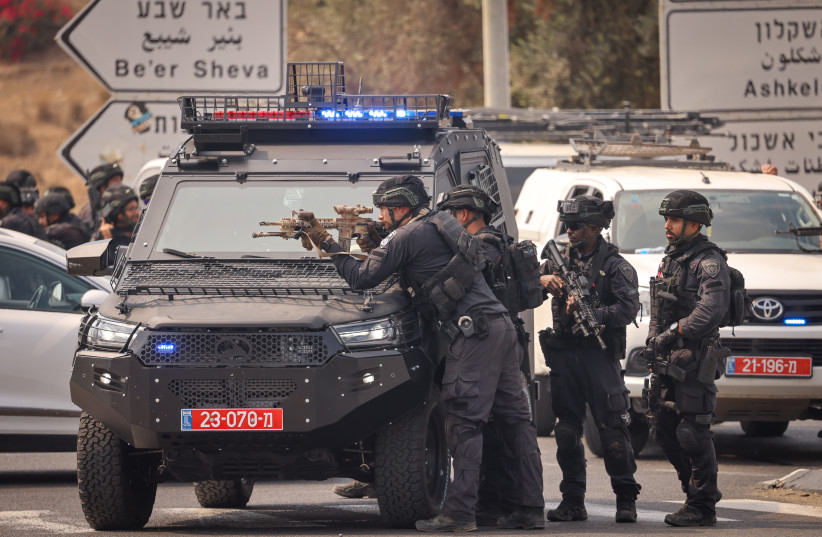Millions of words, hundreds of thousands of articles and analyses have been written in the past nine months about the failure on October 7, 50 years after the Yom Kippur War failure.
It can painfully be said that the failure on October 7, 2023, exceeded the severity of the October 1973 failure. Israel lost the battle on the morning of October 7th at 06:28.
Now, for nine months, it has been trying to recover from the blow and win the war. This is a harsh statement, but it is important to face reality.
Even in the Yom Kippur War, we lost the battle, but we won the war. We won't engage here in comparisons or analogies.
It was expected of a people, a state, and an army scorched by war, facing a sudden war against powerful armies in the region, to be alert, sharp, attentive, and resilient, even against the looming threat of secondary terrorist organizations.

How did we reach a situation where a "deterred" terrorist organization managed to defeat, even for a few hours, the strong, large, technologically advanced army with an intelligence system ranked in the top 10 of militaries worldwide?
Shortcomings at the tactical level
At the tactical level, the investigations of the war, conducted by the IDF and the Shin Bet, presented recently to the Chief of Staff, indicate shortcomings.
But the real, necessary investigation, in the form of a state commission of inquiry, is not being conducted. It is doubtful whether such an investigation will be carried out under this governmental-political composition.
Israel was caught in a strategic game around Hamas. Both the political and military leadership acted blindly. The concept of defense in the south was flawed. Politicization entered the IDF and the security establishment, influencing decision-making and security actions.
The IDF was perceived as complacent, unprepared, inattentive, and incapable of combat.
Those who saved the country were the civilians who ran to defend without reserve soldiers' orders. The battle's management was neither under control nor organized, which contributed to the staggering number of casualties.
The IDF fought for nine months in Gaza. The fighting spirit of the soldiers in the regular and reserve forces is exemplary for us and for all nations.
The IDF halted the enemy that entered Israeli territory, dismantled all of Hamas' infrastructure in the Gaza Strip - from Jabalya in the north, through the central camps and the city of Khan Yunis, to Rafah and the Philadelphi axis.
The IDF cut off Hamas from the world. What the IDF achieved in the battles will be studied in military academies worldwide. At the tactical level, the IDF won the war.
But the management of the campaign remains an unresolved puzzle. Nine months is a long period for such a war, contrary to Israel's security doctrine. It is draining the country, the reserve forces, the economy, and claims victory every day.
Israel entered this determined campaign to win and restore its strength and dignity. In reality, hesitation and a lack of strategic cohesion have led us into a prolonged war.
This week, some optimism has emerged, perhaps influenced by events happening specifically in the US elections.
We have an opportunity to win the war, reach an agreement for the release of 120 captives, and establish a long-term security arrangement and a governance system to replace Hamas. The only question is how determined Israeli leadership is to achieve this.
